Science reveals when you peak at everything
Learning a second language is easiest when you're around 7 or 8.

Americans are least likely to die at 9 or 10.

The first few years of life throw up lots of stumbling blocks, but the odds of dying within the next year are very low for 9- and 10-year olds. About 9,999 in 10,000 kids make it through each of these years.
Brain processing power peaks at 18.

One of the key ways cognitive scientists test your brain's processing power is through what's called a digit symbol coding test — they set each number equal to a certain symbol, then give you a string of numbers and ask you to convert them to the correct symbol. On average, 18-year-olds fare best on the task, according to a study published last year.
The ability to remember unfamiliar names peaks around 22.
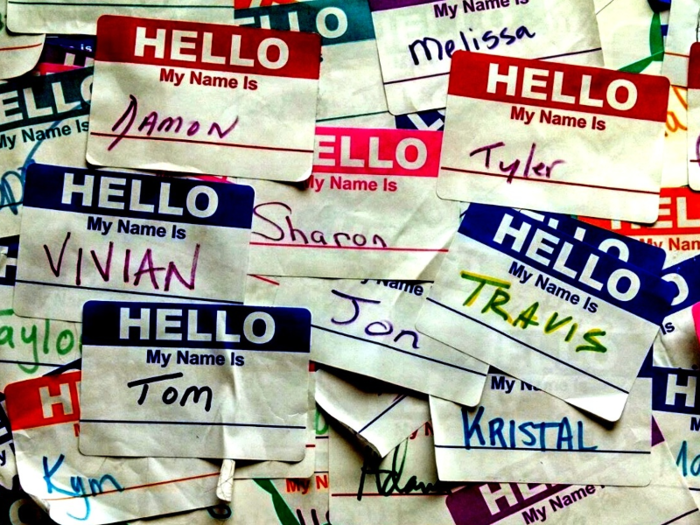
We've all been there: You just met someone new and their name went in one ear and out the other. It turns out that's least likely to happen when you're 22 or so, according to a 2010 study.
Life satisfaction peaks at 23.

A survey of 23,000 people in Germany found that 23-year-olds were particularly satisfied with their lives, "all things considered."
Strength peaks at age 25.

Your muscles are at their strongest when you're 25, although for the next 10 or 15 years they stay almost as hefty — and this is one of the traits that can be most easily improved, thanks to resistance exercise.
The peak age to settle down is 26.

The theory is at 26 you'll have met enough people to have some solid options without waiting so long they start pairing off without you. And according to one recent study, divorce rates are lowest for couples who married between the ages of 28 and 32, which follows pretty smoothly after getting serious at 26.
The average fast marathoner is 28.
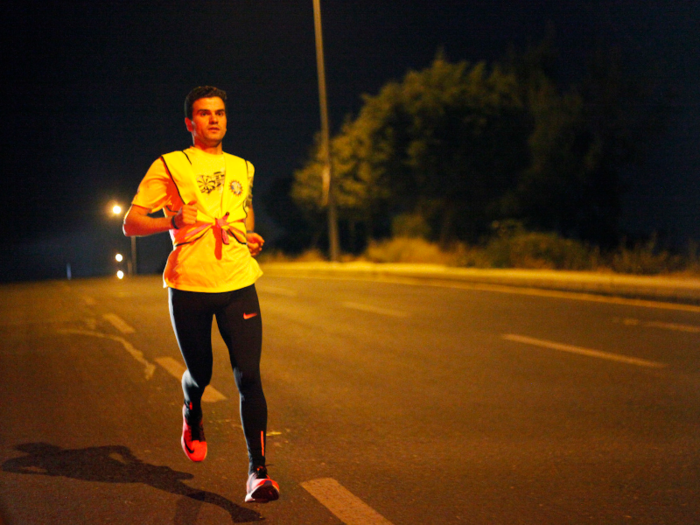
According to one analysis of fifty years of marathons, the average age to run one in 2 hours 11 minutes or less is 28. But that's partially because of who chooses to run marathons — as unusually young and unusually old runners win medals, they're inspiring others their age to train and run.
Bone mass peaks around 30.

Your bones are at their strongest and densest when you're 30 years old. Again, you can keep your calcium and Vitamin D intake high to keep your bones healthier longer, but eventually they will start to weaken anyway.
Chess players peak around 31.
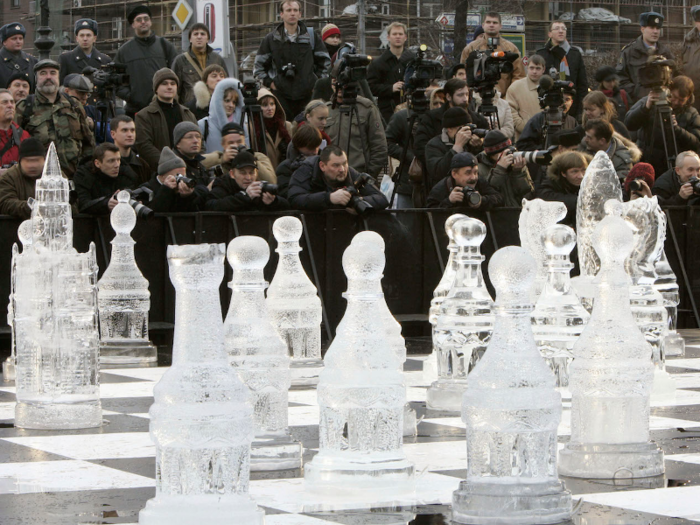
Scientists wanted to know whether physical and intellectual skills worked differently as people got older — so they studied chess grandmasters. By taking the scores of 96 grandmasters over the course of their careers, the scientists were able to determine that on average, competitors do best at 31.
You're best at learning new faces when you're 31.
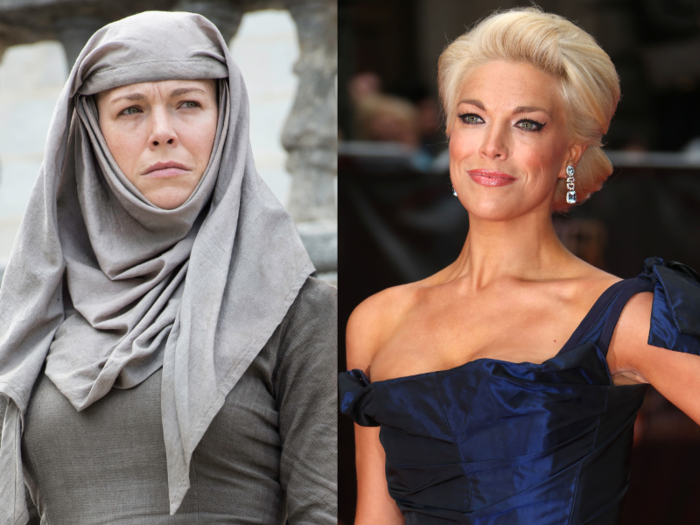
People's ability to quickly and accurately recognize faces of strangers being shown to them a second time in a lab test peaked at age 31. But nine years after your peak ability to remember names, you may need to ask them to reintroduce themselves anyway.
Nobel Prize winners make their big discovery around 40 on average.
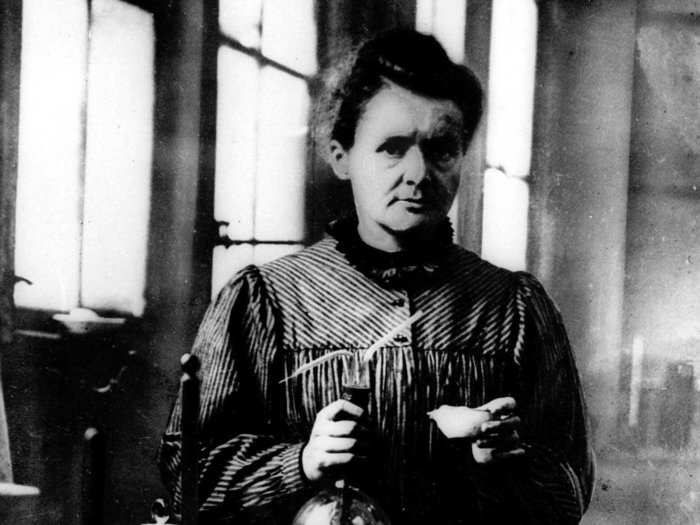
According to a study by the National Bureau of Economic Research, the average Nobel Prize winning research is done when someone is 40 years old. If you don't think you're in line to win a Nobel, the study authors say the concept still holds — their findings mirrored those of other career studies.
Understanding other people’s emotions peaks in your 40s and 50s.

Scientists gathered about 10,000 people, showed them pictures cropped very tightly around the subject's eyes, and asked them to describe what emotion the person pictured was feeling. They found a long plateau in people's 40s and 50s where the ability to correctly identify emotions based only on the eyes was strongest.
Arithmetic skills peak at 50.
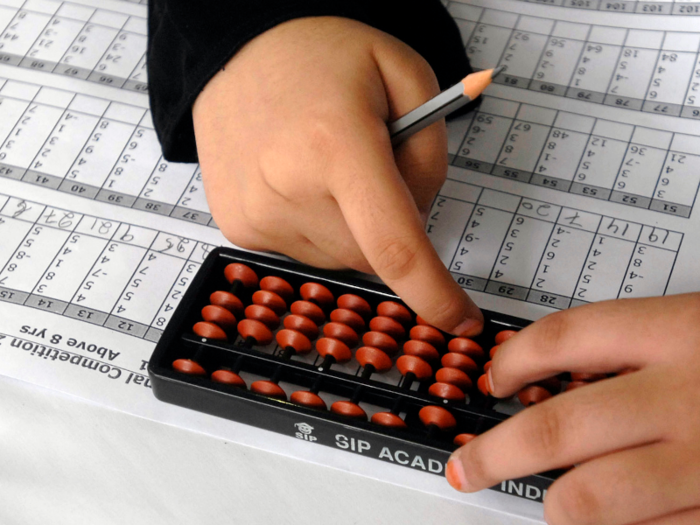
Sure, you learned your times tables in elementary school — but it turns out 50-year-olds are best at answering arithmetic questions on the fly.
Life satisfaction peaks again at 69.
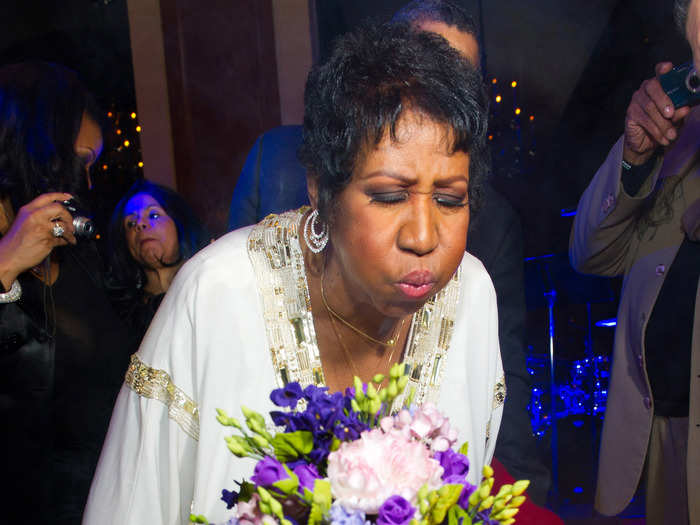
Remember that study in Germany that found 23-year-olds were particularly satisfied with their lives? After a dip in middle age, life satisfaction peaked again around 69 years old. Even more intriguingly, actual life satisfaction was higher for people over 60 than people 55 and up had predicted they would feel five years down the line.
Vocabulary peaks in the late 60s or early 70s.
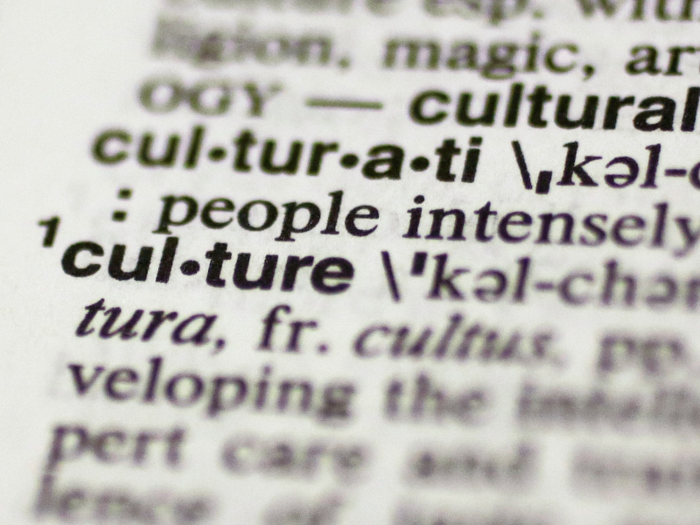
It turns out people's scores on multiple choice vocabulary tests keep climbing into their late 60s and early 70s. And you don't even need to sit around reading the dictionary all day to make it happen. Although it can't hurt.
Men and women feel best about their bodies after 70.

In a Gallup survey, an incredible two thirds of Americans over 65 said they always like the way they look. Men's self-perception appears to peak in their early 80s, when three quarters agree with the statement "You always feel good about your physical appearance." Women's rates of agreeing with that statement is a little below 70% as soon as they hit 75 years old.
People really do get wiser as they get older.

It turns out life really is the best classroom. A team of psychologists asked people to read about a conflict, then asked them questions about it. The scientists then analyzed the responses for characteristics like being able to take someone else's point of view, anticipating change, considering multiple possible turnouts, acknowledging uncertainty, and searching for compromise. They found that the oldest group they studied, people who were between 60 and 90 years old, did better than other ages on almost every count.
Psychological wellbeing peaks around 82.

In a study published in the Proceedings of the National Academy of Science, scientists asked people picture a ten-step ladder, with the best possible life on the top rung and the worst possible life on the bottom rung. The oldest group they studied, of 82- to 85-year-olds, gave the highest average rung number, about 7.
People are most likely to make big decisions when their age ends in 9.

There really is something daunting about approaching a round birthday. Researchers looking at people who were 29, 39, 49, or 59 found that they were more likely to make a big life change — good or bad. They found that these "9-enders" were overrepresented in groups of people seeking to have an affair, people committing suicide, and people running a marathon for the first time.
Popular Right Now
Popular Keywords
- India’s wearables market decline
- Vivo V40 Pro vs OnePlus 12R
- Nothing Phone (2a) Plus vs OnePlus Nord 4
- Upcoming smartphones launching in August
- Nothing Phone (2a) review
- Current Location in Google
- Hide Whatsapp Messages
- Phone is hacked or not
- Whatsapp Deleted Messages
- Download photos from Whatsapp
- Instagram Messages
- How to lock facebook profile
- Android 14
- Unfollowed on Instagram
Advertisement